Introduction to AI Therapist Chatbots for Mental Health In a world where AI is reshaping industries, it’s intriguing to witness its impact on mental health care. These AI therapist chatbots bridge the gap between technology and mental well-being. They can guide users through challenges, offer coping mechanisms, and provide insights into their emotional states. Overcoming
Introduction to AI Therapist Chatbots for Mental Health
In a world where AI is reshaping industries, it’s intriguing to witness its impact on mental health care. These AI therapist chatbots bridge the gap between technology and mental well-being. They can guide users through challenges, offer coping mechanisms, and provide insights into their emotional states.
Overcoming Cognitive Distortions with Thought Coach
Thought Coach, powered by ChatGPT AI, focuses on addressing cognitive distortions—irrational thought patterns that often cloud our perception of reality. This app helps users reframe and rephrase their negative thoughts by identifying common cognitive distortions. By inputting details about distressing events and associated thoughts, users receive analyses that highlight distorted thinking patterns and provide realistic perspectives.
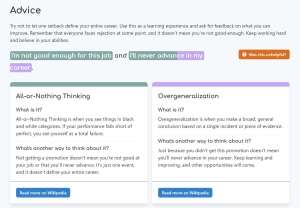
Image by https://www.makeuseof.com/
SommerAI: A Comprehensive Approach to Therapeutic Conversations
SommerAI takes a comprehensive approach by incorporating Cognitive Behavioral Therapy (CBT) and Solution-Focused Brief Therapy (SFBT). Users engage in therapeutic conversations that draw from these evidence-backed methodologies. By tailoring conversations to individual needs, SommerAI empowers users to analyze past events, set actionable goals, and discover practical solutions for their challenges.
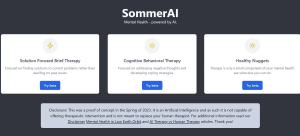
Image by https://www.makeuseof.com/
Mindsum Bot: Your Source for Mental Health Information
Mindsum Bot offers a wealth of mental health information based on GPT technology and clinical practices like CBT, Interpersonal Therapy (IPT), and Dialectical Behavior Therapy (DBT). Users can seek accurate information about mental health theories and practices, aided by an AI-driven model that promotes understanding and encourages seeking professional help when necessary.
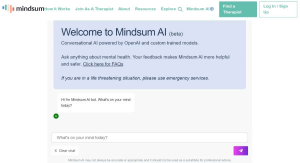
Image by https://www.makeuseof.com/
Empathy and Journaling with JungGPT and Lotus
JungGPT brings an empathetic touch to the world of therapist chatbots. Designed for emotional understanding, JungGPT engages users in conversations that resemble interactions with a supportive friend. It acknowledges emotions and prompts users to explore their feelings. Meanwhile, Lotus combines chat therapy with journaling and goal tracking, offering users a chance to document their progress, revisit previous conversations, and set personal goals for growth.
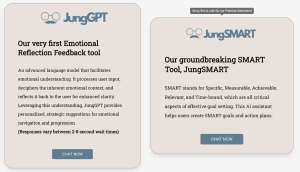
Image by https://www.makeuseof.com/
Conclusion: AI Helps But Isn’t a Replacement for Therapy
While AI therapist chatbots offer valuable support, they cannot replace the expertise and personalized care provided by qualified mental health professionals. These apps excel in addressing instant or minor concerns, providing insights, coping strategies, and emotional understanding. For serious mental health issues, seeking assistance from licensed therapists remains paramount.
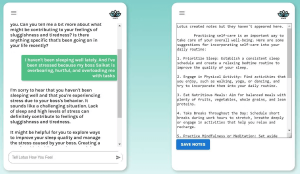
Image by https://www.makeuseof.com/
In a technology-driven world, the synergy between AI and mental health care is evident. As AI continues to evolve, these therapist chatbots could become even more sophisticated, enhancing their ability to contribute positively to users’ mental well-being. Remember, while these tools are valuable, human connection and professional guidance remain essential pillars of effective mental health care.

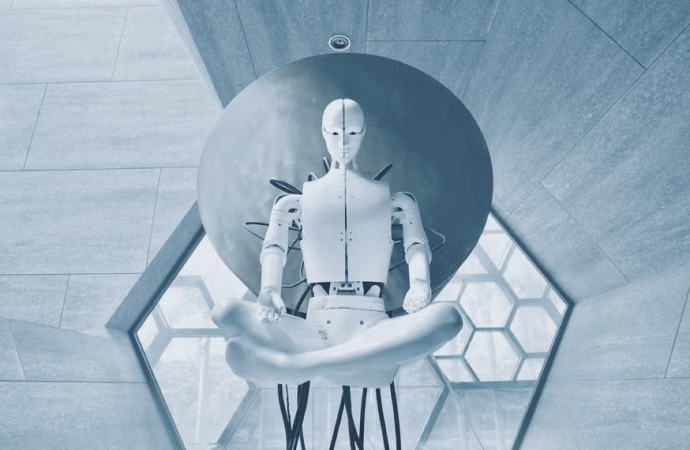















Leave a Comment
Your email address will not be published. Required fields are marked with *